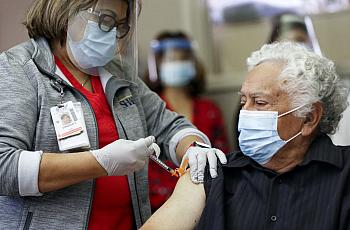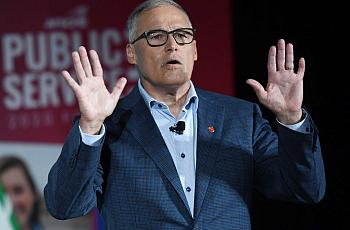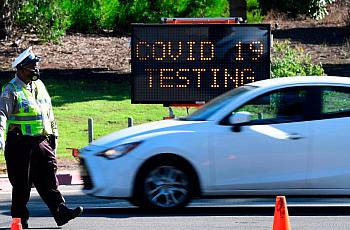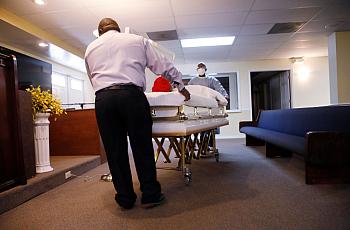
William Heisel
Contributing Editor

Contributing Editor
I have reported on health for most of my career. My work as an investigative reporter at the Los Angeles Times and the Orange County Register exposed problems with the fertility industry, the trade in human body parts and the use of illegal drugs in sports. I helped create a first-of-its-kind report card judging hospitals on a wide array of measures for a story that was a finalist for the Pulitzer Prize. I was one of the lead reporters on a series of stories about lead in candy, a series that also was a finalist for the Pulitzer.For the Center for Health Journalism (previously known as Reporting on Health), I have written about investigative health reporting and occasionally broke news on my column, Antidote. I also was the project editor on the Just One Breath collaborative reporting series. These days, for the University of Washington, I now work as the Executive Director for Insitutue for Health Metrics and Evaluation's Client Services, a social enterprise. You can follow me on Twitter @wheisel.

Why journalists need to do more to prevent the spread of disinformation by calling out the sources and the spreaders.

It's worth paying special attention to how many people complete the two-dose COVID-19 vaccination regimen.

Contributor Bill Heisel outlines three things you can do to put together an investigation of environmental threats near you.

Story ideas from the shared boder and ideological gulf between Washington and Idaho.

Post-election shifts in COVID-19 policies offer reporters a great opportunity for compare-and-contrast stories.

Asking the question of who is counting deaths in your area can help audiences understand whether COVID-19 deaths may be overcounted or undercounted.

There is a wealth of information on medical devices. Here’s a quick tutorial to help get you started on some investigative stories.

Many areas were zoned for homes decades or even centuries before our current understanding of wildfire risk.

Before the vaccines start to arrive in various jurisdictions, explain to your audience the character of your county and state health officials.

Reporters can help us understand what has happened — and what hasn’t — over the past two decades. The stakes are immense.